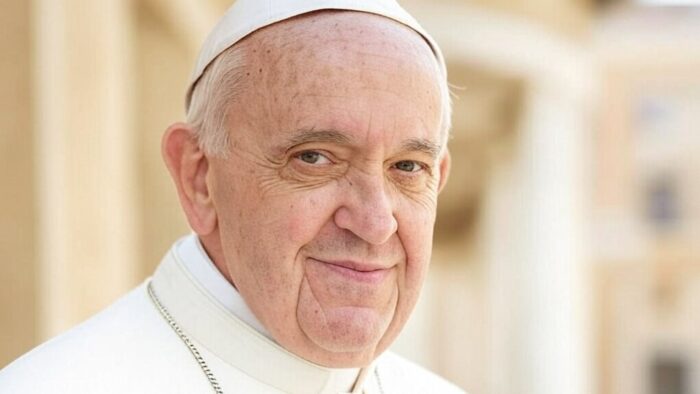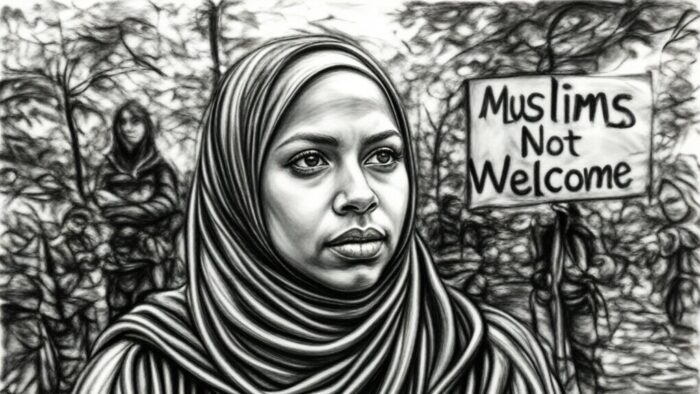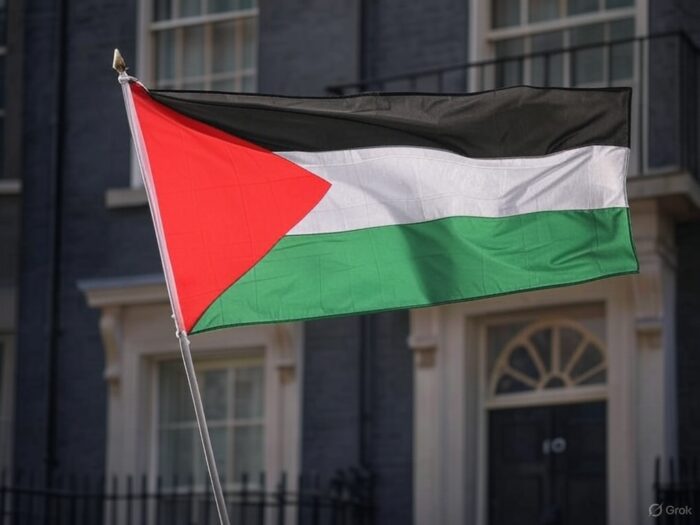The Muslim Council of Britain (MCB) has issued a statement saying that the UK’s symbolic recognition of Palestine marked a historic shift in UK policy, yet failed to address the need for a trade embargo against Israel, leaving Palestinian rights and humanitarian needs unmet. In its 29 July 2025 statement, the MCB criticized that the Prime Minister’s statement contained no commitment to a trade embargo or ceasing military support to Israel. The MCB said this move fell short of the comprehensive action needed to address the ongoing humanitarian crisis and occupation. The article begins:
After many decades of calling for the UK to recognise the State of Palestine, today’s announcement by Sir Keir Starmer is long overdue. However, the conditional nature of today’s announcement is at odds with the Government’s stated position that “statehood is the inalienable right of the Palestinian people.” “The rights of the Palestinian people, both in Gaza and the West Bank, are not a bargaining chip,” said Dr Naomi Green, Assistant Secretary-General of the Muslim Council of Britain. “The Prime Minister’s 500 word statement today remains symbolic only, making no mention of a trade embargo or ceasing military support to Israel.” She continued, “Having been shamed into action by other world leaders like President Macron’s announcement last Friday that France will recognise Palestine without conditions, and the horrifying scenes of avoidable and man-made starvation in Gaza, millions of Britons continue to watch our Government’s empty words and ask: ‘where is the tangible action’?” Between October 2023 and May 2025 alone, the UK has approved over 108 export licences to Israel, including 42 for military use, according to the Department for Business and Trade. In Q4 2024 alone, £127.6 million in military licences were approved, more than the combined total from 2020–2023.
Key Points
-
The MCB said the UK’s potential recognition of Palestine, announced on 29 July 2025, was a significant diplomatic gesture but did not include commitments to cease arms exports or military support to Israel.
-
According to the statement, between October 2023 and May 2025, the UK approved over 108 export licences to Israel, including 42 for military use, with £127.6 million in military licences approved in Q4 2024 alone.
-
The group argued that, without a trade embargo or ending military support, recognition remained a largely symbolic act that does little to improve the daily realities of Palestinians under occupation.
-
The MCB emphasized that “true justice” for Palestinians required both diplomatic recognition and concrete steps to end complicity in what it said were violence and occupation.
The MCB: An Important Node in the UK Palestine Advocacy Network
The Muslim Council of Britain (MCB), established in 1997, is an influential UK umbrella organization that has faced scrutiny over its ideological alignment with the Global Muslim Brotherhood. It seeks to influence the UK government through organized civil society engagement and public advocacy. The MCB also leverages public statements and alliances with religious scholars, as seen when it sided with scholars criticizing the release of a movie depicting the life of Muhammed’s daughter, to shape public discourse and signal its positions to policymakers. The MCB has also played an important role in the UK Palestine advocacy network, mobilizing Palestinian solidarity campaigns and coordinating with far-left MPs and activists to pressure government policy on Israel-Palestine issues. Recently, it coordinated UK Muslim organizations to urge Palestinian statehood recognition in a high-profile campaign aimed at the Labour government, reflecting a strategic alignment with segments of the British left that prioritize Palestinian rights. While the MCB’s activism has amplified calls for UK policy shifts—particularly in Labour and left-wing circles—the council’s efforts are shadowed by persistent questions about its Islamist affiliations and representativeness within the broader British Muslim community, as detailed in external analyses that highlight its longstanding exclusion from government dialogues and debates about its legitimacy. These critiques often focus on the MCB’s historical ties to the Global Muslim Brotherhood and its contested role as a national Muslim voice.
External References
-
How the Muslim Council of Britain was left out in the cold
-
British Muslims plan MCB alternatives to represent communities
- Outgoing Muslim Council leader criticises lack of government contact
Disclaimer:
The Global Influence Operations Report (GIOR) employs AI throughout the posting process, including generating summaries of news items, the introduction, key points, and often the “context” section. We recommend verifying all information before use. Additionally, images are AI-generated and intended solely for illustrative purposes. While they represent the events or individuals discussed, they should not be interpreted as real-world photography.











